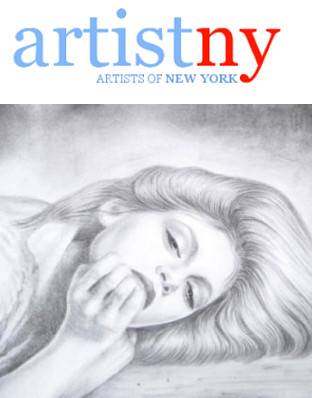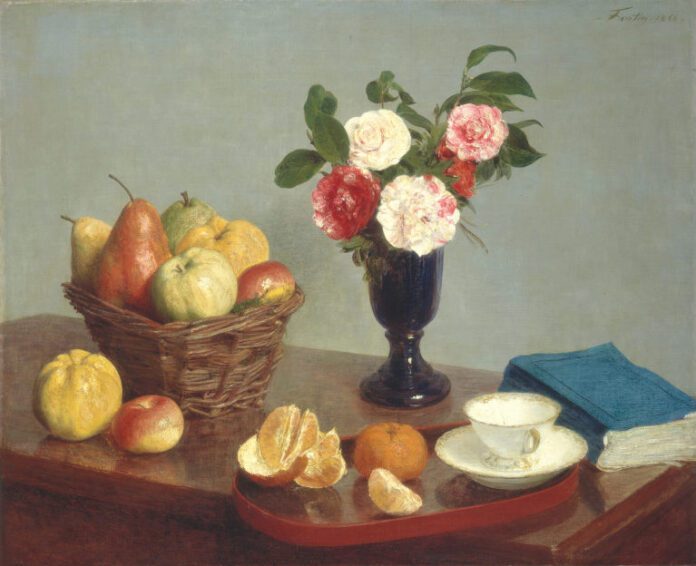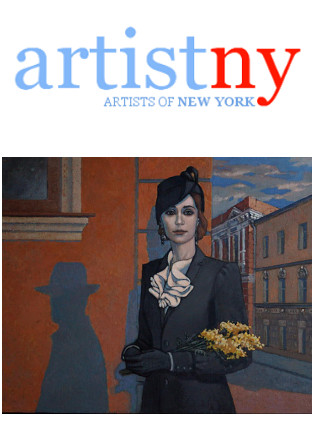The market for art is getting very competitive and dealing with artists has become difficult. A good relationship with the artist can be a deciding factor, which means that dealers must find a comfortable way to work together. This blog article delves into possible solutions for dealers to understand their artists better by exploring the concept of trust between artists and dealers.
Art and Trust
That idea of trusting an artist not just for their work but also for who they are in personal ways has been evolving throughout history. One of the most notable cases is how art dealers spend time with artists as part of their on-going relationships.
Ultimately, the key to success for artists is trust in their audience and in the dealer. Members of a community trust when they have desire from one another like artists, dealers, collectors, and patrons. Both parties must have this mutual respect; there are people out there who will rip off the artist through scamming and scams that would not work without a trustworthy relationship between dealers and collectors.
The Soul of Art in Business
In order to produce and sell art, the artist must trust a dealer with their product. This relationship can vary the lengths of time and offering options beyond true selling. It’s undeniable that necessary to gain successful business success, both sides need to trust each other in order to have a successful collaboration. There are many methods used to establish trust between different parties and find sustainable success in relationships.
In order to enter a successful relationship, trust is an essential foundation. To be able to trust in a business relationship with another person, both parties must feel confidant and comfortable with each other. It is the artist’s job to create the confidence and level of comfort in the dealer. Without them believing in the quality of your work, they may not feel confident selling your artwork.
Value Yourself as an Affiliated Art Dealer
One of the main points made in The Soul of Art in Business, by Stanley Saitowitz, is that artists must view themselves as legitimate, independent business people and understand their rights. They should value not just their own work but also pursue the interests of their gallery and audience. One way to do this is to give dealers a percentage or a set commission on sales.
When the artist comes to you, with their work asking for a view proposal, remember to value yourself as one of those artists that shows her work too. Value the artistic talent and drive in the photographer. It is so important to value yourself before getting into business with an artist. It is important that they realize when they trust you that they are also trusting themselves as well.
Having Heart & Honor In Your Art Dealings
Heart, or sentimental motivation is crucial in providing business opportunities for artists and dealers. Trust between the artist and the dealer is essential for a productive relationship.
It is sometimes difficult to appreciate the concept of attachment created in the selling of artwork. Some feel that the genuine passion with which an artist creates artwork is offensive when considering a price tag. There is unimaginable joy at creating many different works of art, but finding a balance between making enough money to produce art and maintaining love towards one’s creations can be difficult. Artists talk about how they need creative spirit to live, so when they find themselves unable to produce work because their “heart has been broken,” the pain of this realization can come across as more authentic than any pieces being made in an office for a corporation lacking creativity.
Why having a good relationship makes the difference between getting or not getting customers selling art
It is a myth that having a good relationship with the shopkeeper will drive sales of art. Only once you have trust between the artist and dealer can making a sale happen.
How good relationships are the bedrock of business. The business that consistently provides these connections will always be in a better spot than those without them. Every successful artist knows how important it is to have authentic, genuine partnerships when they make decisions regarding their career. The trust they renew with each other starts a virtuous cycle of mutual support that benefits both parties involved and strengthens the long-term success of their art careers.
Without the trust between the artist and dealer, nobody would go into a gallery. The trust is essential for the things to happen. For example, if the artist ran off with a painting that he or she was selling, it would affect both parties because somebody’s money was taken from them. If both parties did not support each other and believed in what they are doing, they could not make the sales they need to support themselves and their families.
Negotiating the relationship between art dealers and artists
Buying and selling art can be a complex process. One of the most important aspects of an exchange is trust because artists, dealers, galleries and other parties are bound together by it. If trust exists in a collaboration between two parties, then they will each benefit.
Making work can be said to be an act of honesty. When someone picks up a paintbrush, for example, and creates something that fills roughly with tenderness, this natural impulse engages us as observers in a moment where there is more room for pure meaning. For art collectors and artists alike, the trust-building are some of the most important aspects of starting or re-starting a relationship that they may hope to commit long hours towards. Whether it’s a support system, personal and professional growth opportunity or even just the talks you have over drinks at the end of each day with your peers, these personal moments become the ones worth not only remembering but counting on.
Best practices from other art galleries to help us understand what to be looking for
There are specific practices in place for galleries to make sure the art is authentic. One of the practices is specifically for gallery dealers to act as an honest party so the thing being purchased from them goes from one collector to another. This practice can be done by maintaining a high level of trust among all parties involved.
When an investor decides to hire artists for their business, whether it is with a large-scale drawing project, lobby installation, physical art for a public space or remote location, or through marketing their brand through art, the initial stage of any engagement often leads to rigorous conversations about what will ultimately remain and what might be tossed out.
What Happens When People Work As The Primary Market Is Often Dangerous For Artists
In the 19th century, European artists looked to America with inspiration and hope as New York was seeing its population boom. Likewise, American artists looked to Europe with encouragement and hope when Europeans became enamored of New York. These periods in U.S. history saw many art dealers coming over from Europe bringing the latest decorative arts styles for sale. In the decades that following, artists went from holding a position of power-as they were expensive to produce-to an underpaid job and clientele was not always secure.
Many artists maintain their work alone and create an independent business. They sell publicly or sometimes to specific collector customers. Most income is generated through the sale of artwork. For these artists, a brick and mortar store may not be ideal because they do not want to invest in inventory that might sell poorly so they restrict access to the public and collectors alike.
Trust art gallery
Selling an artwork is inherently complicated, putting a tremendous amount of trust in the buyer. Most artists will carry their work themselves because of these concerns, relying on honesty from interested parties. However, galleries can help artists trust again: knowing that both parties are coming to this deal with the same level of professionalism is important so that a relationship can grow between them.
Art dealers work to build trust with their artists. They want the artist to feel comfortable enough to openly express who they are without worrying about how they will be received. The economist Eugen Riccardone found that “trust is the currency of business.”
How do I build trust with my artist?
Trust is the foundation of commerce. It’s a two-way street between the merchant and the customers they serve. If you want your business to succeed, build trust with your employees, partner with businesses that can provide quality products or services, and make every customer feel like they’re part of something bigger than themselves.
Due to the overwhelming amount of artists in the art world, it can be difficult to find someone that an artist trusts enough to sell their work. As an artist, it is also difficult to trust people in general. You need someone that you know will promote your work, who has a thick skin so they won’t judge or criticize based on content, and who won’t take it personally if you need time away from them.
Conclusion
Art dealers need to maintain trust with the artists they work with. When this trust is violated, art dealers can lose business, which leads them not to make sales or gain back customers.
The main point in the article is that good artists will always love to show their work. It’s in their nature, but even with that being said there are many obstacles that every artist and dealer will encounter. Art dealers must be willing to make sacrifices and give more free space than other businesses in order for the art experience to flourish. This trust between the artist and dealer is a crucial aspect of “the soul” of an art business.



